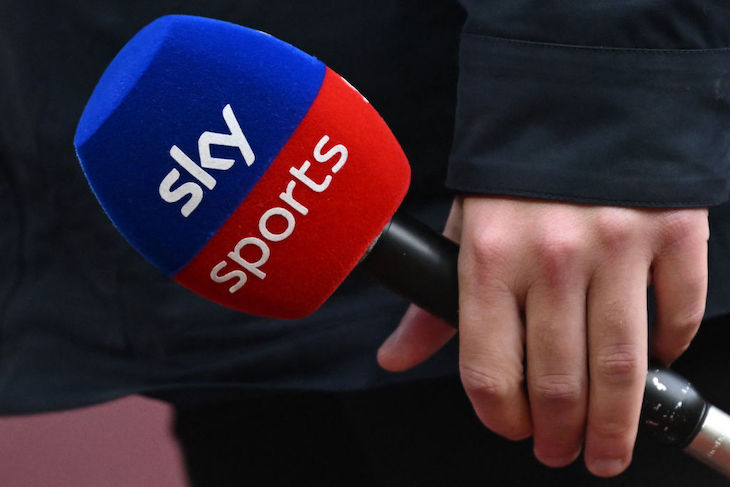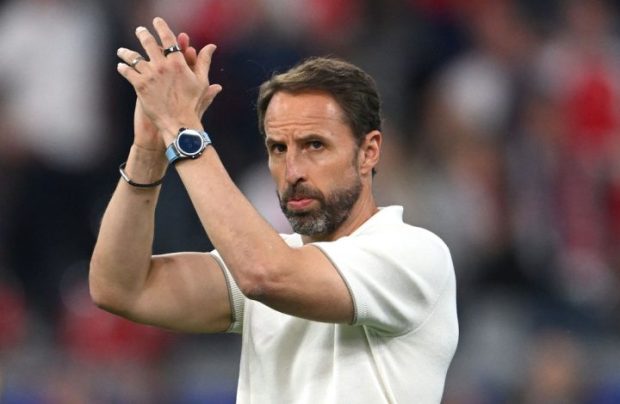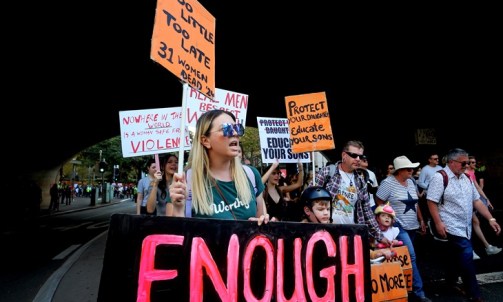The Premier League’s television paymasters, who plough billions into football, invariably get what they want. That is surely why the decision has been taken to schedule the Wolves-Chelsea match at Molineux stadium in the Midlands tomorrow, on Christmas Eve: so that it can be shown live on Sky Sports.
The Premier League has made ‘special provisions’ to play the game at 1 p.m.
Already a subscriber? Log in
Subscribe for just $2 a week
Try a month of The Spectator Australia absolutely free and without commitment. Not only that but – if you choose to continue – you’ll pay just $2 a week for your first year.
- Unlimited access to spectator.com.au and app
- The weekly edition on the Spectator Australia app
- Spectator podcasts and newsletters
- Full access to spectator.co.uk
Or




















Comments
Don't miss out
Join the conversation with other Spectator Australia readers. Subscribe to leave a comment.
SUBSCRIBEAlready a subscriber? Log in